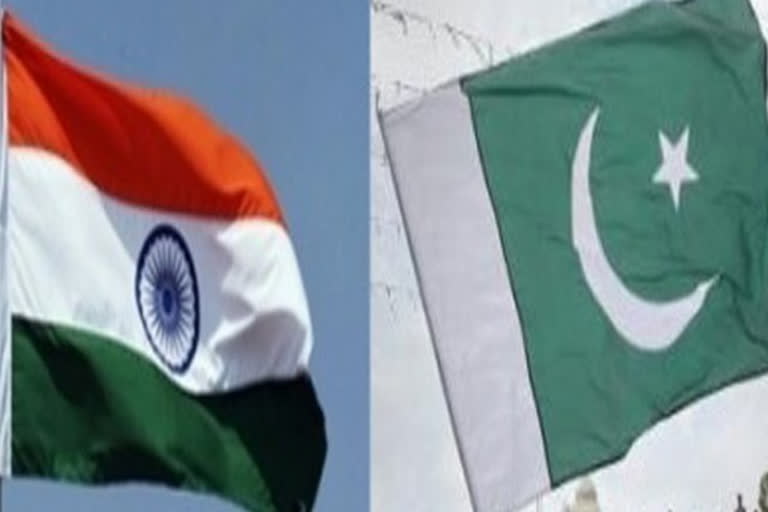Khan said captured IAF pilot Varthaman will be freed as a "goodwill gesture" after New Delhi sought his unconditional, immediate and unharmed release. The 35-year-old Wing Commander was captured by Pakistan on Wednesday after his MiG fell in the Pakistani territory during an aerial dogfight.
Before Varthaman, the last Indian officer to be released by Pakistan from its custody was Nachiketa, an MiG pilot, who fell into Pakistan's captivity during the 1999 Kargil War when he ejected himself from his "flamed out" aircraft.
Nachiketa was later handed over to then Indian High Commissioner to Pakistan G. Parthasarathy who narrated the procedure that was followed in the pilot's return.
"He was handed over to the Indian Embassy by the International Committee of the Red Cross (ICRC). I then sent him to the Wagah border with an Air Commodore and a Navy Commodore. There is no protocols as such for transfers like these. The only time it happened was after the Kargil War," Parthasarthy told media.

While receiving Nachiketa, the diplomat said he refused to have any media presence to prevent the transfer from becoming a high voltage "dog & pony show".
"I did it out of my own accord because I knew Pakistan will make a big hoo-haa right in the middle of the Kargil War, showing how generous they were. I had to take the decision immediately. I couldn't say I will check with Delhi. An Indian Air Force officer treated like that would be too much for me to see, so I said no," he said.
Nachiketa was released after eight days in captivity. In an interview in 2016, Nachiketa recounted the details of his days in captivity during which he suffered at the hands of his captors torture that was just short of third degree.
Although it is reasonable to believe that Varthaman didn't have to go through any torture, the former diplomat emphasised he should be treated like a Prisoner of War (PoW) as described under the Geneva Convention on treatment of PoW.

Also read|BREAKING: Pak to release IAF wing commander tomorrow



